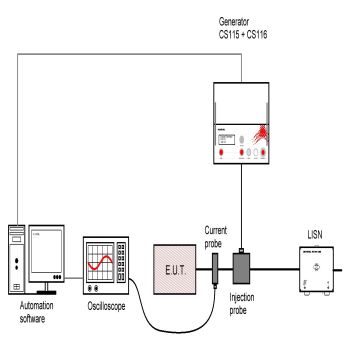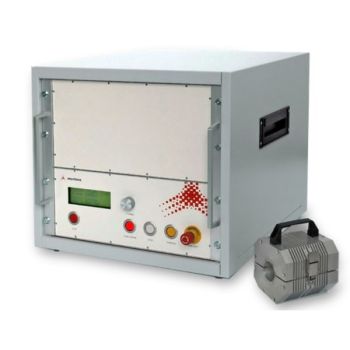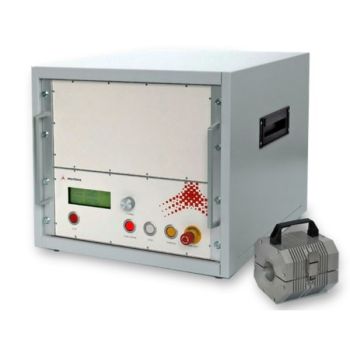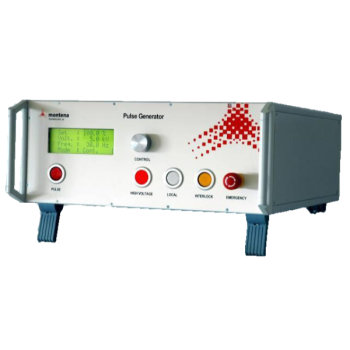
MIL-STD-461 CS115
OTHER PRODUCTS IN THE SAME STANDARD:
Test System for MIL-STD-641 CS114, CS115, CS116
- Automatic calibration for the whole test frequency range
- Application of all test frequencies automatically. The level can be selected or automatic.
- NO need to manually configure the measurement equipment
- NO need to manually integrate the transfer function of probes and attenuators
- Generation of test reports: NO need to record all values read from the measurement equipment
- Generation of calibration reports: NO need to record all calibration setting parameters
- Rack together and add CS101, CS109, and RS101 (sections 18, 19, and 20 of the RTCA DO-160G are also available.)
Highlights of the CS116 Damped Sinusoid Generator
- MIL-STD 461 CS115+CS116 Compliant: Meets stringent military testing standards.
- Flexible Frequency Options: Choose from 6, 9, or 17 test frequencies.
- Comprehensive Accessories: Includes injection probe, attenuator, oscilloscope, and control software.
- Efficient Operation: Single signal output reduces test time and supports automation.
- User-Friendly Control: Easily controlled via RS232 and USB interfaces.
- Robust Design: Durable construction with wide power compatibility (90–264 Vac).
Optimize your naval and industrial testing with the CS116 & CS115 Damped Sinusoid & Switch Transient Generator—precision and efficiency combined.
Benefits of the PG-CS115 Pulse Generator
- MIL-STD 461 Compliant: Meets stringent military standards for reliable testing.
- Flexible Configurations: Available as standalone (PG-CS115) or modular (M-CS115) units.
- Comprehensive Accessories: Optional injection probe, attenuator, oscilloscope, and control software.
- High Precision: Delivers accurate rectangular pulses with rapid rise/fall times (≤ 2 ns).
- Versatile Testing: Supports single and repetitive pulse rates from 1 to 50 Hz.
- Compact Design: Lightweight and portable, ideal for various testing environments.
- Reliable Performance: Durable construction ensures long-term use in demanding settings.
Enhance your EMC testing with the CS115 Pulse Generator—precision, compliance, and versatility combined.




